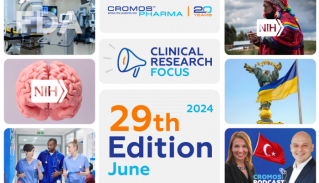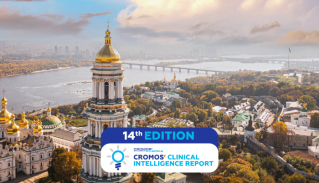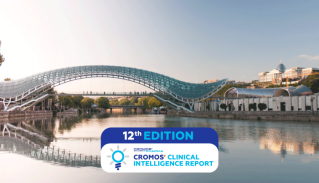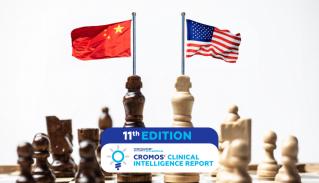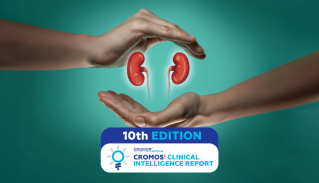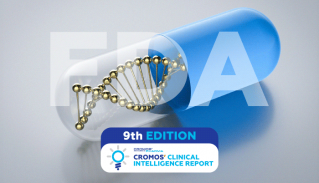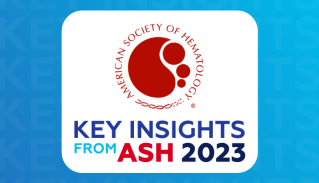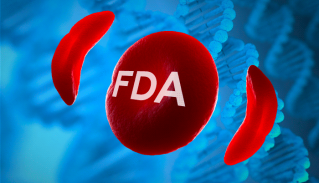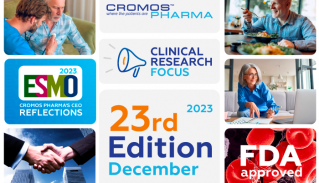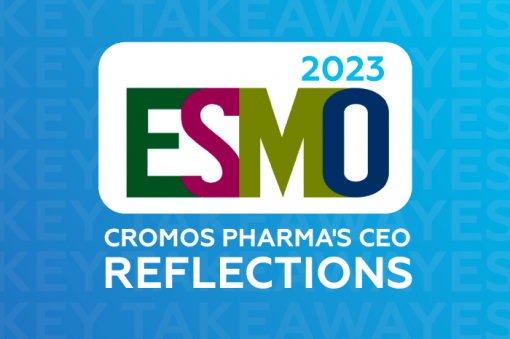
Cromos Pharma’s CEO Reflections on ESMO 2023: A Glimpse into The Future Of Oncology
The European Society for Medical Oncology (ESMO) 2023 conference has drawn to a close, leaving the global biotech and medical community abuzz with the latest groundbreaking developments in the field of oncology. This year’s conference showcased an array of promising reports and advancements that have captivated the attention of industry professionals and physicians. As the CEO of Cromos Pharma, an organization dedicated to advancing clinical research, I can attest that ESMO 2023 has been one of the most captivating events I’ve ever attended.
One of the most exciting revelations at the conference is the remarkable progress made in the realm of antibody-drug conjugates (ADCs), particularly with datopotamab deruxtecan and trastuzumab deruxtecan in the treatment of inoperable or metastatic breast cancer. These innovative therapies have the potential to revolutionize the way we approach this challenging disease.
In the TROPION-Breast01 trial, datopotamab deruxtecan, a TROP2-directed ADC, demonstrated a significant improvement in progression-free survival (PFS) when compared to traditional chemotherapy in patients with inoperable or metastatic hormone receptor-positive, HER2-negative breast cancer. The beauty of this finding is that the PFS benefit was consistent across subgroups, offering hope to a broad range of patients. While the data regarding overall survival (OS) is still maturing, the early results are incredibly encouraging.
This discovery adds to the growing list of ADCs that have proven their superiority over conventional chemotherapy in the treatment of metastatic breast cancer without HER2 amplification. Similar results have been observed with trastuzumab deruxtecan and sacituzumab govitecan in similar patient populations. What’s even more heartening is the favorable safety profile of datopotamab deruxtecan, which is associated with lower rates of treatment-related adverse events compared to chemotherapy.
The conference also brought forth updated survival data from the DESTINY-Breast04 trial, which indicates a sustained improvement in overall survival with trastuzumab deruxtecan for patients with hormone receptor-negative tumors. Furthermore, the therapy significantly reduces the risk of disease progression or death. Importantly, no new safety concerns emerged during the extended follow-up period. These findings highlight the continued progress in tailoring treatments to specific breast cancer subtypes.
Considering these developments, it is crucial for healthcare professionals to consider which ADC is the most suitable for each patient. Additionally, it is essential to explore whether these therapies remain effective after progression on one ADC. The ongoing quest for pharmacological strategies to enhance the duration of response and to understand the resistance mechanisms within this class of ADCs is paramount for the future of breast cancer treatment.
Another exciting breakthrough was the introduction of adjuvant alectinib as a novel treatment strategy for resected ALK-positive non-small cell lung cancer (NSCLC). Findings from the ALINA trial show that adjuvant targeted treatment with the ALK inhibitor offers significant disease-free survival (DFS) benefits when compared to platinum-based chemotherapy across various disease stages. This marks a pivotal moment in improving the standard of care for ALK-positive NSCLC patients.
Moreover, results from the LIBRETTO-431 trial emphasized the value of selpercatinib as the first-line choice for RET fusion-positive advanced/metastatic NSCLC. The study revealed nearly doubling of progression-free survival (PFS) when compared to alternative therapies, potentially broadening patient access to this life-changing treatment.
The conference also presented two promising phase III trials, MARIPOSA and MARIPOSA-2, which unveiled significant advancements in the treatment of EGFR-mutated advanced NSCLC using the EGFR-MET bispecific antibody, amivantamab. These trials demonstrated a substantial reduction in the risk of disease progression and an extended progression-free survival. However, it’s worth noting that these benefits come with increased toxicities, including dermatological side effects. This underscores the need for careful patient selection. The road ahead involves exploring resistance mechanisms and the development of new treatment options.
The ESMO 2023 conference also shed light on 177Lu-PSMA-617, a therapy that significantly improves radiographic progression-free survival (rPFS) in taxane-naïve metastatic castration-resistant prostate cancer. The PSMAfore trial, which involved 468 patients, demonstrated a remarkable 59% reduction in the risk of radiographic progression with 177Lu-PSMA-617 compared to switching to an androgen receptor pathway inhibitor (ARPI). While no significant improvement in overall survival (OS) was observed, the treatment exhibited manageable adverse events. The choice between 177Lu-PSMA-617 and ARPI will depend on a patient’s fitness for chemotherapy, with early application showing promise. Ongoing trials like PSMAddition andSTAMPEDE2 will provide further insights into the utility of 177Lu-PSMA-617.
The potential of liquid biopsies, particularly circulating tumor DNA (ctDNA), has been a prominent theme at ESMO 2023. These non-invasive methods hold promise in diagnosing solid tumors and monitoring treatment responses, as exemplified in various studies related to colorectal cancer. However, challenges such as variations in assay sensitivity and specificity, timing of sample collection, high-level evidence from randomized clinical trials, cost-effectiveness, and technology accessibility still need to be addressed. Despite these challenges, the use of ctDNA for minimal residual disease (MRD) assessment in colorectal cancer and other solid tumors shows great potential and warrants further validation and standardization.
In conclusion, ESMO 2023 has been a remarkable event that has not only showcased notable progress in the field of oncology but also ignited hope for better treatment options and outcomes for cancer patients. The discoveries presented at the conference offer a glimpse into the future of oncology, where precision medicine and innovative therapies are poised to transform the landscape of cancer care. As biotech professionals and physicians, it’s our collective responsibility to translate these advancements into practical, patient-centric solutions, and to continue our unwavering commitment to improving the lives of those affected by cancer. With collaboration, innovation, and dedication, the future of oncology looks brighter than ever.







